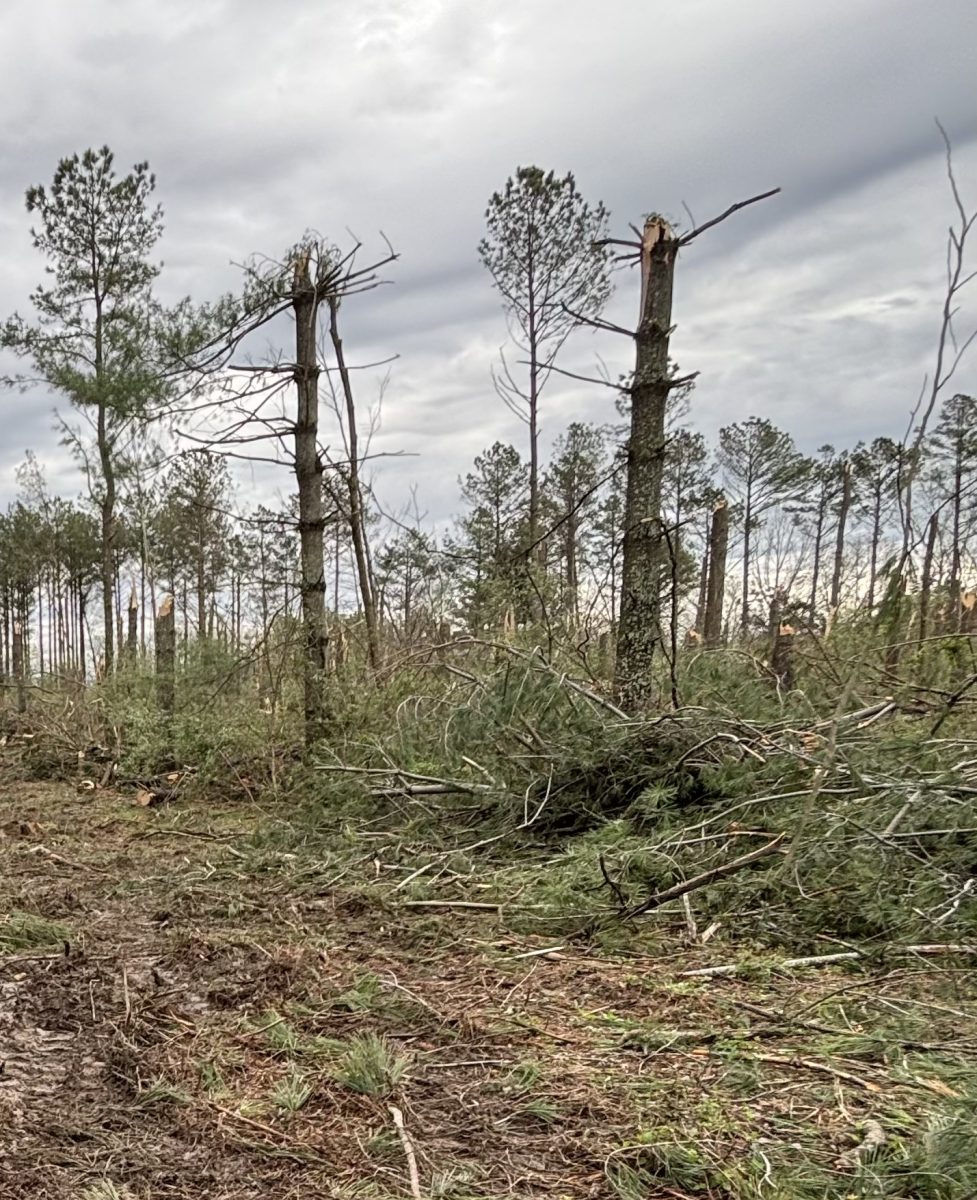Strobe lights on fire alarm disconnected to prevent seizures
September 21, 2005
After wading through bureaucratic red tape, Lauren Lamb, who has photosensitive epilepsy, had the strobe lights on the fire alarms in her room at Thompson Point disconnected.
Lamb, a sophomore from Marseilles in north central Illinois studying journalism, suffered a major seizure last fall during the mandatory fire drill at her residence hall. The alarms, which also trigger strobe lights, sent her into a seizure and forced her to lose a week of her memory, Lamb said.
“I had no memory of who I was,” she said.
Advertisement
Lamb experienced similar, but less debilitating, trauma during the spring semester fire drill. According to the Americans with Disabilities Act, all fire alarms must have strobe lights in order to accommodate people with hearing disabilities.
Last week, a University maintenance worker disconnected the two strobe lights in her bedroom, one year after she initially made the request, she said. It was just in time. Her building had its fire drill the following night.
“I don’t know who finally convinced them,” Lamb said. “I don’t even know who to thank.”
Lamb must also face several strobe lights in the hallway she takes to exit the building. Therefore, Housing decided to allow her to stay in her room during drills. If there was a fire in the dorm, she said, “I would have to risk the exposure and deal with the aftereffects.”
The inconveniences of University Housing have prompted Lamb to move off-campus this November.
Kathleen Plesko, director of Disability Support Services, said the department has not had any complaints from students regarding fire drills.
Lamb approached housing last September to ask if she could be warned about upcoming fire alarms so she could be prepared, she said. Housing rejected the idea and said Lamb needed to be ready in case of a real fire, she said.
Advertisement*
Beth Scally, assistant director for residence life, said Housing tries to be as accommodating as possible, but the idea of a fire drill is to get practice. Warning students, she said, would defeat the purpose.
“We don’t warn anyone about them,” said Scally, who said she first heard of Lamb’s situation about three weeks ago. “We don’t even tell the staff we are doing them.”
Dealing with the specific needs of a disabled student is something Housing discusses with the fire department and Disability Support Services beforehand, Scally said.
Plesko said the lack of warning and the unpredictable hours are important for fire drills because it makes the student capable of exiting without the help of their personal attendant.
“They have those at odd hours for a reason,” Plesko said. “Most of our students are really good problem solvers.”
Because of the individualized response, it is hard to determine a single plan for each disabled student, she said. Generally, the resident assistant is responsible for evacuating the student, Plesko said. In other cases, a student may require help from several individuals or allowed to remain in the building for fire drills.
Reporter Laura Teegarden can be reached at laura_teegarden@dailyegyptian.com
Advertisement









